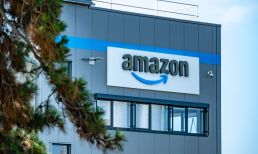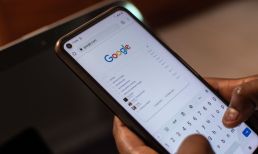Venture capital firm Redpoint also participated. Other investors include Valor Capital, Velt Partners, FJ Labs, Península Participacoes and software and consumer investor Kevin Efrusy.
We’d love to be your preferred source for news.
Please add us to your preferred sources list so our news, data and interviews show up in your feed. Thanks!
Olist CEO and Founder Tiago Dalvi announced the funding round last November and had decided to expand it as the growth recently has been faster than the company initially thought. The funding round now totals $80 million.
“Olist services small and medium companies which are the ones who were the least prepared for digital sales when the pandemic started,” Dalvi said, according to Reuters.
The pandemic has seen a proliferation of eCommerce and delivery options as lockdowns along with fear and caution surrounding the coronavirus continued for much of the past year.
With the new funding, Olist, which helps small merchants get online, will keep expanding, including hiring more people, more acquisitions and expanding beyond its Brazil base.
Advertisement: Scroll to Continue
Goldman Sachs is investing in Olist through its old merchant banking unit, which is currently part of the bank’s asset management division. That unit also invests in payments fintech Iugu and oncologic services provider Oncoclinicas, Reuters writes. Goldman Sachs will also appoint a board member to Olist.
Brazil is seeing a surge in acceptance of things like smartphones and a quickly-developing infrastructure of digital payments. The country has traditionally seen a much larger share of physical store shopping, but with the pandemic, the number of Brazilian customers looking to eCommerce has increased by over 30 percent. Now that number accounts for 46 percent of the overall consumer base.
PYMNTS writes that Brazil’s changes matter because of the fact that the income levels and access to digital technology are often more limited in the country. But the growing adoption of smartphones and strong support networks is helping to fuel a new surge in digital accessibility.

 Add as Preferred Source
Add as Preferred Source



